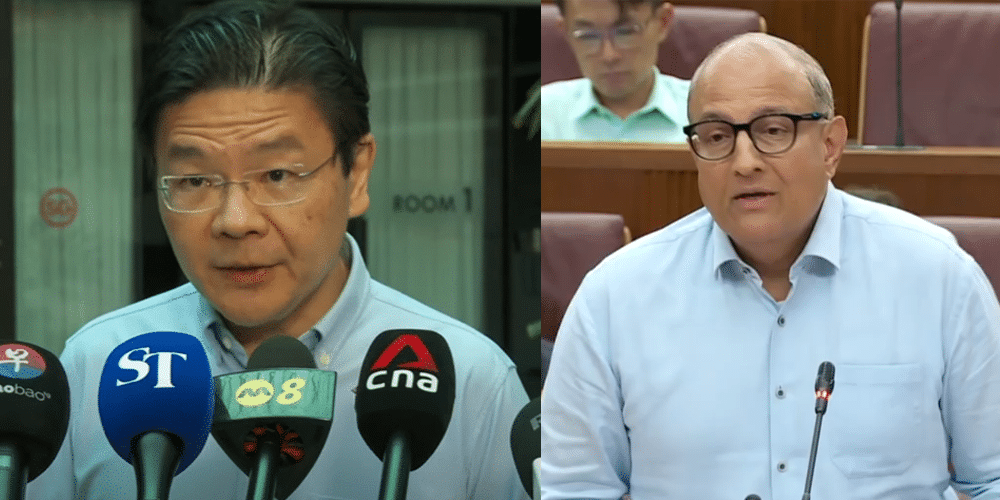by Tan Wah Piow
This is the question I asked myself when handed a copy of “暴雨袭薪火丹心迈征程”, roughly translated as ‘“Torrential rain attacks the burning torch; journey ahead with a loyal heart”. This is a new book, launched in Singapore on the 3rd day of the first month of the lunar calendar.
The book, by Wu Qi Ren, is a compilation of speeches and statements made by leftwing Singapore leaders and organisations during the period from 1964 to 1966. Singapore was then part of the newly formed Malaysia during the first half of the period until 9th August 1965 when she was expelled.
The author also painstakingly compiled a schedule of significant political events including protests by social movements such as student unions, workers, and opposition parties against political repression, detention without trial, and the proposed enactment of the Employment Bill and Societies Bill in Singapore.
Torrential Rain records some very sharp political debates over policies and strategies within the progressive movement during the 1960s. Unfortunately, in today’s Singapore, such debates are almost non-existent. There is a dearth of political discussion over policies and strategies.
Were the people in the 1960s made of different stuff? Most astonishingly, there were still several thousand active supporters for the progressive cause in 1964-66 who were not intimidated by the mass arrest of key political leaders and intellectuals in Singapore on 2nd February 1963 when about 120 of them were rounded up in an operation codenamed Operation Coldstore.
During this period, there was still a respectable opposition movement supported by a plethora of social organisations and trade unions working in tandem with the Barisan Socialist and Party Rakyat in an effective United Front. No doubt the quality and spectrum of the political discourse would be much richer without Operation Coldstore.
Whatever happened to that vibrant and resilient political spirit that was once in the island’s political DNA? The people in Singapore were once masters of their destiny. We played no small part in resisting the Japanese invasion when the British fled. Likewise, it was the ordinary folks in Singapore who through their own efforts established the region’s first Chinese language University — Nanyang University — as an expression of their anti-colonial nationalist assertiveness. From being masters of our destiny, we are now reduced to rule takers.
The situation is getting worse in the past 18 months. We can only speak the master’s version of the truth.
Protection from Online Falsehoods and Manipulation Act (POFMA), Singapore’s fake news legislation, is the latest wicked attempt to further stifle political discussions in the digital space. Even without POFMA, the entire populace is so politically and intellectually emasculated that within the ruling party, the one minister who is regarded as the most intellectually liberal of the lot, and of prime ministerial quality, is too frightened to speak truth to power.
As the General Elections draw closer, there is much for Singaporeans to reflect. How much longer can a people’s mind be bonsified?
Watching Singapore from afar, I am wondering if the past will remain another country.






